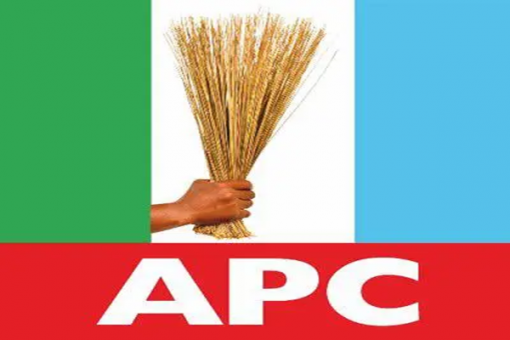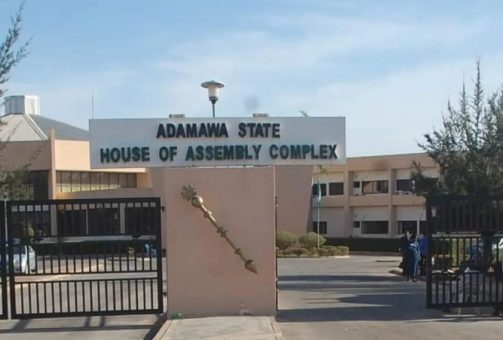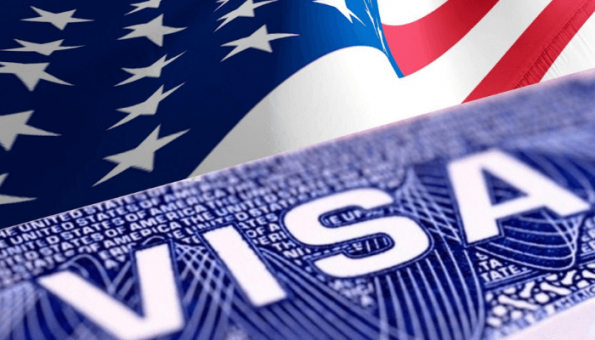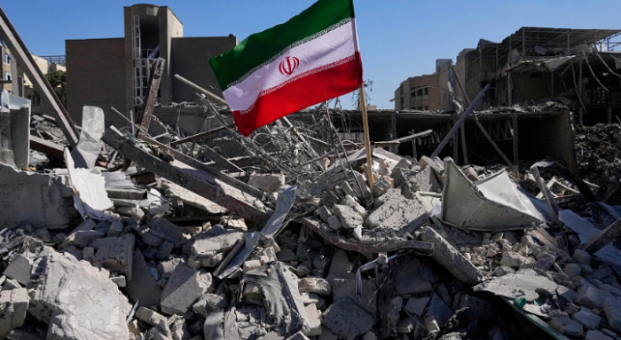
In an intensified crackdown, the Economic and Financial Crimes Commission (EFCC) widened its operations against Bureau De Change operators, apprehending traders across Abuja, Lagos, Kano, and Port Harcourt. This move coincides with the continued depreciation of the naira against the United States dollar across official and parallel foreign exchange markets.
The recent raids reflect the government’s renewed efforts to combat the naira’s decline, largely attributed to increased activities of currency speculators in both traditional forex markets and the digital cryptocurrency sphere. Last week saw the arrest of BDC operators in Abuja for alleged speculation against the national currency.
Despite resistance, law enforcement agencies persist in conducting regular raids on unauthorized currency traders in the Federal Capital Territory, affecting market dynamics and fostering caution among traders.
Confirmed reports indicate that the naira is currently being exchanged at rates as high as N1,540/$, with apprehensions among traders fueling market disruptions. EFCC operations have amplified traders’ apprehensions, impacting trading activities in various regions.
Moreover, the naira’s value depreciated further, closing at N1,540 per dollar on the parallel market, marking a 4.05% depreciation compared to the previous day. This depreciation trend is attributed to a shortage of dollars resulting from foreign portfolio investors repatriating funds.
Official FX trading at the Nigerian Autonomous Foreign Exchange Market also experienced a depreciation, with the dollar quoted at N1,520, marking the lowest rate in over six weeks.
Economic analysts attribute the naira’s volatility to the absence of fundamental FX liquidity policies, emphasizing the necessity of increasing FX liquidity through exports and foreign capital inflow for sustained stability.
In response to the situation, stakeholders from the Organized Private Sector expressed concerns over the impact of exchange rate fluctuations on businesses and consumers, emphasizing the need for stability to prevent price hikes and inflation.
Meanwhile, foreign portfolio outflows from the Nigerian Exchange Limited surged to N119.81 billion in the first quarter of the year, underscoring the challenges facing the country’s investment landscape.







